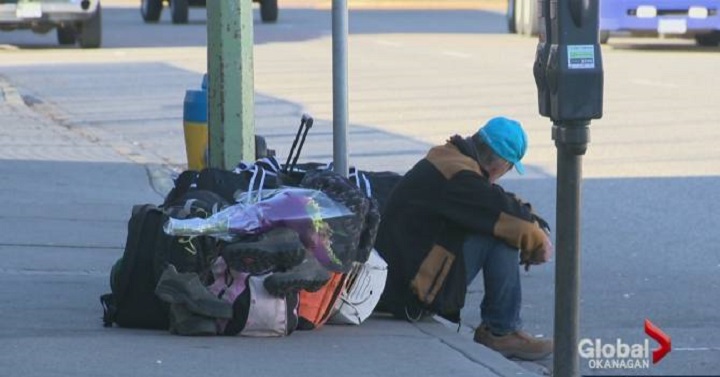OTTAWA – The federal Liberal government needs to make good on its promise to declare housing a “fundamental human right” under Canadian law as part of its forthcoming national housing strategy, advocates for affordable housing said Tuesday.

Without such a declaration, the legislation that’s expected to be unveiled this fall that will bring that strategy into force will be rendered toothless, said Tim Richter, president of the Canadian Alliance to End Homelessness.
“The federal government has committed to the right to housing, but to make this commitment meaningful, it must be recognized in law,” Richter told an Ottawa press conference where he released an open letter to Prime Minister Justin Trudeau, signed by a coalition of more than 170 prominent Canadians and organizations.
The letter spells out demands that new legislation require “goals and timelines” for reducing and eliminating homelessness.
It also called on the government to ensure its housing bill is consistent with international human rights obligations, and that the Liberals act to realize the right to housing within the shortest possible time, depending on how much money the government has at its disposal.

Get breaking National news
The prime minister announced details last fall of his government’s decade-long national housing strategy, including the introduction of a housing benefit for families that won’t kick in until after the 2019 federal election.
WATCH: ‘Housing rights are human rights’: Trudeau describes housing strategy

The strategy also included a promise to introduce new legislation requiring the government to report to Parliament on housing targets and outcomes, as well as a commitment that 100,000 new affordable housing units would be built and another 300,000 existing affordable housing units repaired.
Canada is already a signatory to the UN-backed International Covenant on Economic, Social and Cultural Rights, which recognizes “adequate” housing as a right.
But declaring such a right domestically would ensure that governments, both federal and provincial, can’t back out of affordable housing commitments on a political whim, said Leilani Farha, the UN Special Rapporteur on the Right to Adequate Housing.
“The legislation has to articulate the right to adequate housing as a fundamental human right,” Farha said. “It has to name it.”
There have been concerns expressed among critics of such a move – including some Liberals – that declaring housing a right in law could encourage people to use the court system to obtain better housing, or to argue that their rights were violated should they be evicted for failing to pay rent.
But legally enshrining a right to housing would show that all Canadians deserve the right to security, good health and safety in the form of adequate housing, said NDP housing critic Sheri Benson.
“When we have thousands of Canadians sleeping out in the cold, patchwork solutions will not solve the housing problem,” Benson said.
Farha also dismissed concerns about widespread court actions, but said there has to be a way to force the government’s hand if it’s not ensuring the basic housing needs of its citizens are met on a wide scale.
“(The legislation) has to ensure that there are accountability and adjudication mechanisms so that governments can be held accountable,” she said.
More than 235,000 people experience homelessness in Canada each year, while 1.7 million households live in unsafe, unsuitable or unaffordable housing “because they have no better option,” said Campaign 2000’s Anita Khanna, who called the figures “disgraceful.”







Comments